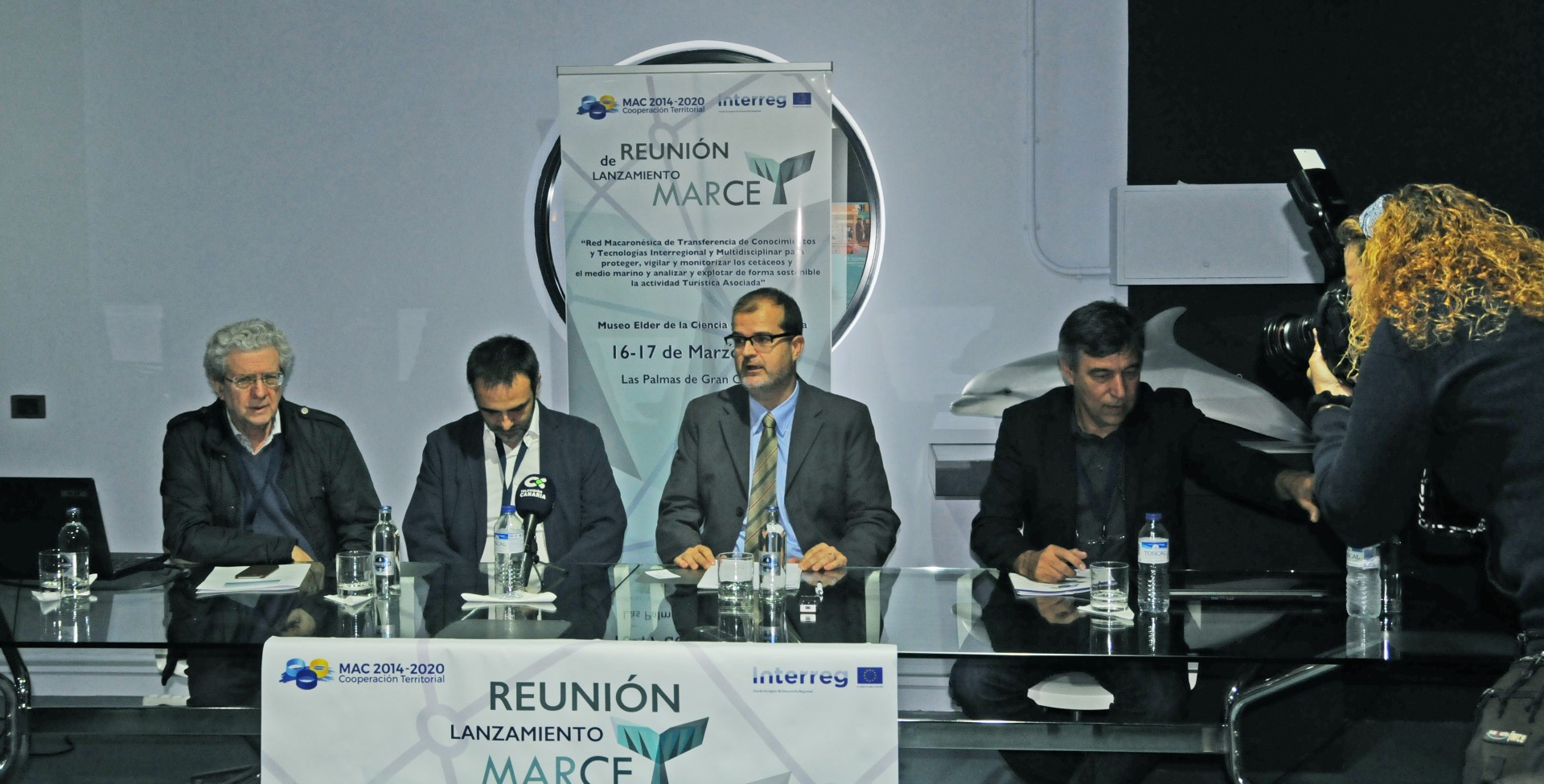
The offices of the Cape Verde Ministry of Foreign Affairs in the city of Praia hosted the presentation of the projects approved in the first INTERREG-MAC 2014-2020 call for projects involving Cape Verde partners. Under the supervision and co-ordination of the Joint INTERREG Secretariat of the Canary Island Government, as part of the strategic HEXAGONE project, a total of 42 projects (ENERMAC, DESAL+, REBECA, ISLANDAP, PERVEMAC II, MACBIOBLUE, MARCET, MACbioIDi, BIOTRANSFER2, SMARTDEST, ECOMARTPORT, CLUSTERING, CONFIAFRICA, INNOMAC, MACAROFOOD, MARISCOMAC, INGENIA 2, INTERPORT, CITY-2020, SMARTBLUE, NAUTICOM, AFRIMAC, CLIMA-RISK, ADAPTaRES, DEMA, ALERT4YOU, MACASTAB, VOLRISKMAC, SOSTURMAC, ECOTUR_AZUL, MARGULLAR, ECOTOUR, VALCONMAC, ECO-TUR, MIMAR, DEMOS, GOBAB, SIMPLIMAC, RIS3_NET, CARDIOMAC, JARUP III) were presented by partners from the Azores, Madeira, Canaries, along with their partners from Cape Verde, in the course of five thematic sessions directly related with the five strands of the call for projects: small and medium-sized enterprise; governance; technological research, development and innovation; climate change and risk prevention; and the environment.

The Canary Islands Regional Ministry of Economy, Industry, Trade and Knowledge’s Research, Innovation and Information Society Agency (ACIISI, as it is known in Spanish) is leading the RIS3Net Project aimed at forging a strategic Alliance in Macaronesia to facilitate co-operation and identify common synergies in areas of smart specialisation that include blue growth, tourism and the agro-industry.

PLOCAN is to help in the design of a marine area to the north of Gran Canaria for installing prototypes that harness the energy of the waves to supply electricity to one of the desalination plants managed by the Gran Canaria Water Board as part of the DESAL+ project.

The SmartBlue Project consortium held its first meeting in the PLOCAN offices in Taliarte. This project seeks to foster the competitiveness of marine maritime companies in Macaronesia with a network of clusters to promote processes of innovation and international expansion by jointly leveraging synergies, capabilities and resources, and co-ordinating the Canary Island Maritime Cluster (CMC, as it is known in Spanish) as the main beneficiary.

The Macaronesia Network for the Transfer of Inter-Regional and Multi-disciplinary Knowledge and Technologies to protect, guard and monitor cetaceans in the marine environment and analyse and sustainably manage the associated tourism activity (MARCET) held its kick-off meeting in the Elder Museum of Science and Technology of Las Palmas de Gran Canaria on Thursday the 17th of March.


